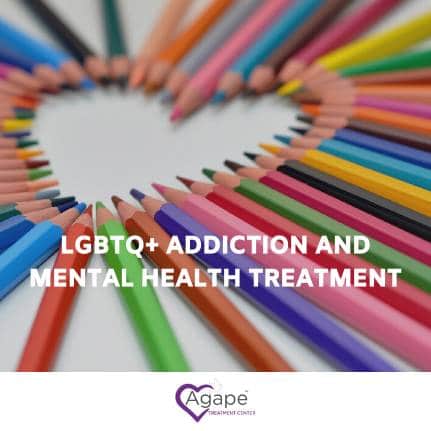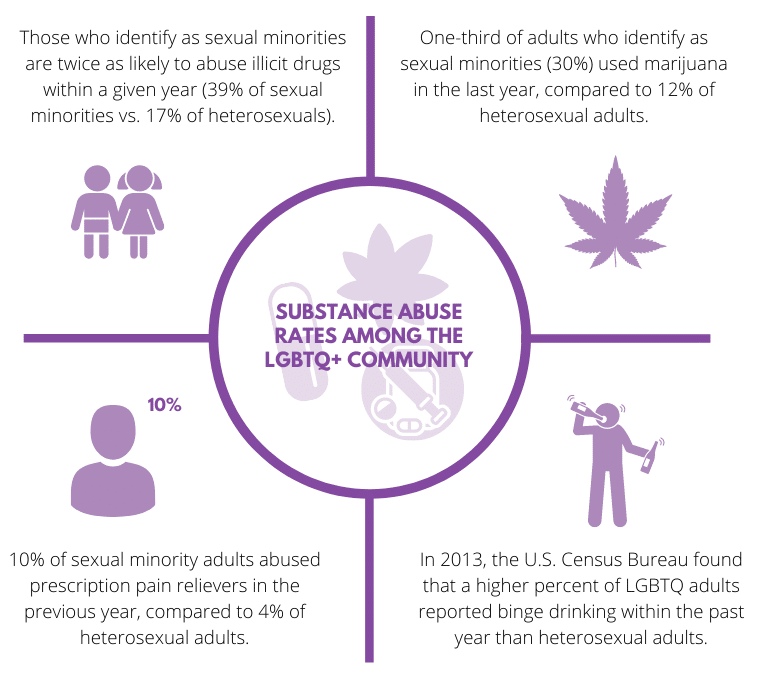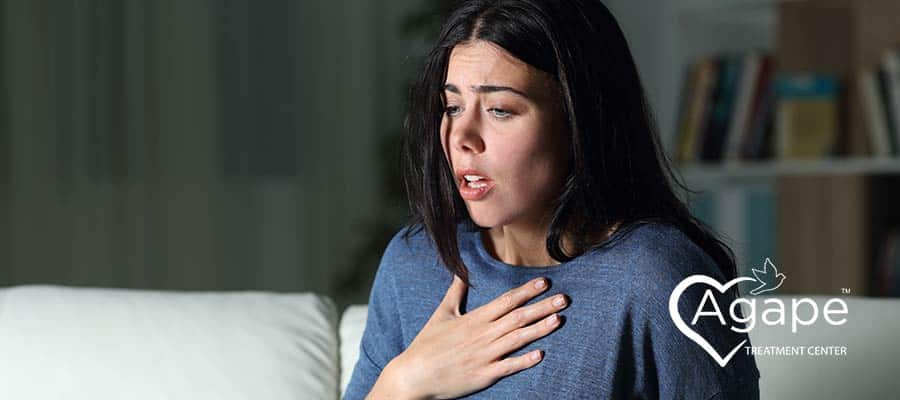
Thankfully, there is a large number of facilities across the country that offer specialized services for vulnerable populations. LGBTQ+ individuals, in particular, can find numerous specialty treatment options. To explain, members of the LGBTQ+ community who attend rehab and mental health facilities specializing in treating abuse, trauma, violence, harassment, and stigmatization, benefit immensely. Additionally, LGBTQ-specific treatment centers help connect LGBTQ sufferers with peers who understand their unique struggles. Continue reading to learn more about the rates of mental illness and addiction within the LGBTQ community.
Substance Abuse Rates Among the LGBTQ+ Community
Unfortunately, substance abuse and mental health disorder rates are higher among individuals in the LGBTQ+ community. This includes individuals who identify as homosexual, bisexual, transgender, or somewhere else within the gender or sexuality spectrum.
To explain further, let’s take a look at recent statistics:
Also, LGBTQ+ youth have reported a higher rate of substance abuse when compared to their heterosexual and cisgender peers. For example, teens among the LGBTQ+ community are 90% more likely to abuse substances than their heterosexual peers. Additionally, bisexual teens, in particular, are 3.4 times more likely to abuse drugs or alcohol. Even further, lesbian and bisexual girls use substances at four-times the rate of their heterosexual counterparts. With that being said, it is clear to see that the LGBTQ+ community suffers from substance abuse and addiction at a higher rate than heterosexual or cisgender people. Unfortunately, LGBTQ+ adolescents experience a more pronounced risk.
It is common for individuals to wonder why this community faces a higher risk of addiction than the general population. Unfortunately, this often stems from the unique, entrenched challenges that LGBTQ+ people face. Additionally, these challenges often make it difficult for these individuals to obtain healthcare without judgment or bias. This is especially true among the substance abuse and addiction treatment realm. However, recent shifts in public perceptions towards the LGBTQ+ community have made obtaining addiction treatment slightly easier.
Comorbidity Among the LGBTQ+ Community
By definition, comorbidity is the instance of adverse mental health issues occurring along with substance abuse. Oftentimes, individuals with untreated mental health disorders turn to substances such as drugs or alcohol to self-medicate. Conversely, drug and alcohol abuse can lead to the development of a mental health disorder. Among the general population, comorbidity rates are as high as 50%. However, the LGBTQ+ community suffers from a much higher rate of comorbidity.
To explain, members of the LGBTQ+ community suffer from stigma and prejudice at levels that heterosexual people do not have to deal with on a day-to-day basis. Individuals who suffer from a mental health disorder experience societal stigma- regardless of their sexual or gender identity. However, LGBTQ individuals face increased stigma because of their sexual orientation or gender identity. Due to this, many members of the LGBTQ+ community find it difficult to seek help for substance abuse and a co-occurring psychiatric disorder.
In other words, people who identify as LGBTQ have historically experienced discrimination throughout their personal relationships and within the public sphere. While society has begun to make positive changes concerning LGBTQ+ rights and acceptance, we still have a long way to go. According to studies from the American Journal of Public Health, LGBTQ persons who experience multiple forms of discrimination in their lives are four times more likely to turn to drugs and alcohol as a coping mechanism.
Some contributing factors to substance abuse among the LGBTQ+ community include:
- Exclusion from social activities and groups
- Physical and emotional abuse from family members, caregivers, and intimate partners
- Experiencing physical violence because of their gender identity or sexual orientation
- Bullying and ridicule while in school
- Being rejected by their family of origin or spiritual community
- Suffering job loss, loss of child custody or other forms of public discrimination
- Experiencing a combination of sexual prejudice and discrimination against their race, religion, gender, etc.
Unfortunately, the stigma against members of this community contributes to higher rates of drug abuse and comorbid mental health disorders. Due to this, treatment will not be effective if it perpetuates discrimination, misunderstands LGBTQ people, or fails to address their needs and the pain they experience.
Why LGBTQ-Specific Addiction and Mental Health Treatment Is Necessary
Treatment centers that specialize in the treatment of LGBTQ+ people must recognize the unique problems members of this community face. As a result, LGBTQ-specific treatment centers are able to implement effective, customized methods into their practices. Including rehabilitation approaches that help patients recover from LGBTQ-specific issues is extremely important for an effective treatment plan.
Unique issues LGBTQ-specific treatment centers must address:
- The prevalence of alcohol addiction and binge drinking among lesbians.
- The social isolation that bisexual people feel from the homosexual and the heterosexual communities.
- The mistrust that transgender persons feel against healthcare providers.
- How to effectively and safely manage hormone treatments during rehabilitation therapy.
- How to help LGBTQ youths manage emotional and physical challenges.
- How to adequately address the higher usage rates of marijuana and illicit substances among gay men.
It is essential that LGBTQ+ individuals find an addiction or mental health treatment center that is sensitive to their needs. People who attend and complete individualized rehab programs are more likely to remain drug and alcohol-free.
At Agape, we understand the unique needs and treatment requirements of the LGBTQ+ community. That’s why we’ve tailored our unique programs to meet the needs of individuals from all walks of life. We understand what you’re going through – and we’re here to help. If you or a loved one identify as LGBTQ+ and struggle with addiction or mental illness, contact Agape Treatment Center today for more information on treatment and recovery.







